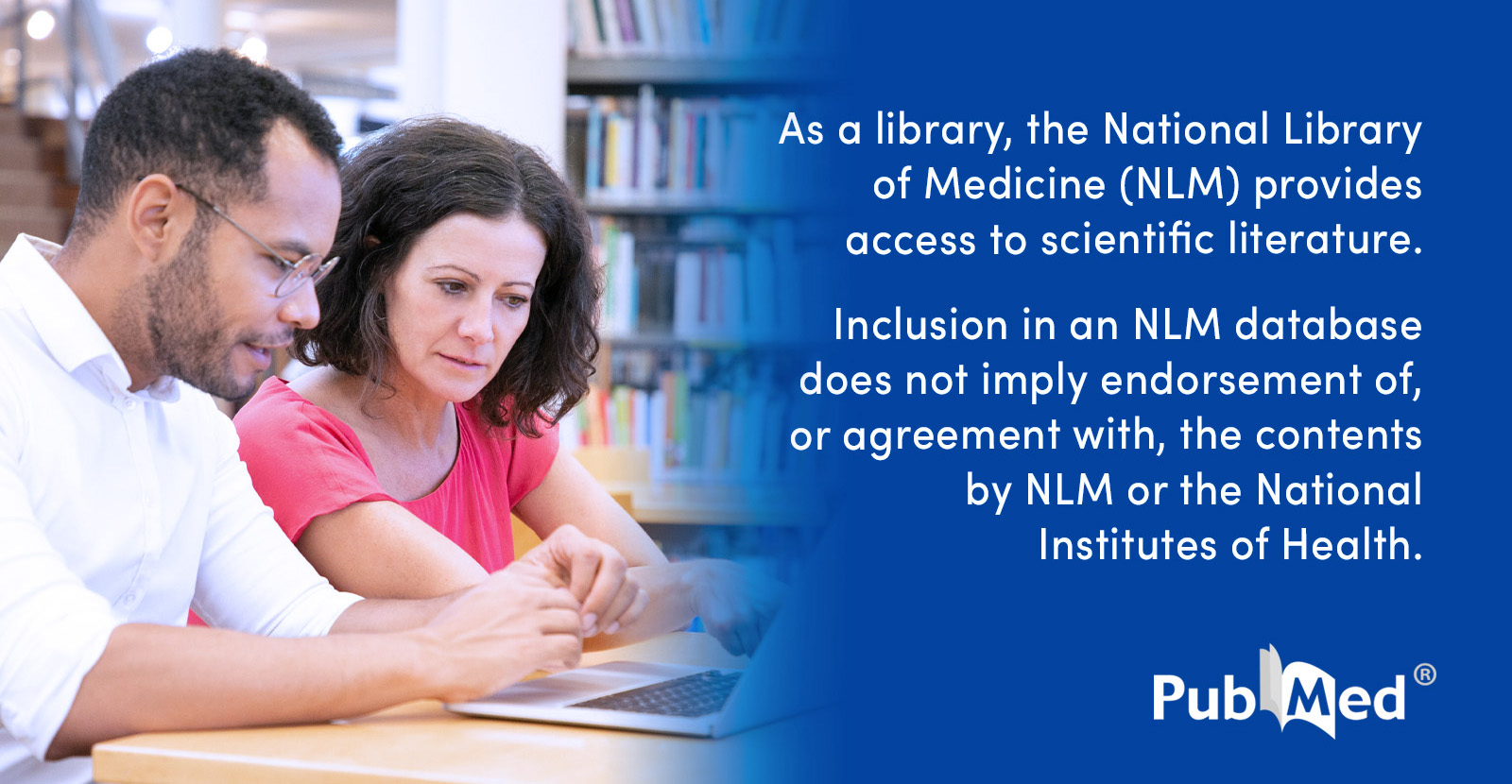Timing of Antibiotic Administration in Pediatric Sepsis.
Autor: Creedon, Jessica K.; Vargas, Sigella; Asaro, Lisa A.; Wypij, David; Paul, Raina; Melendez, Elliot
Publication year: 2020
Pediatric emergency care
issn:1535-1815 0749-5161
doi: 10.1097/PEC.0000000000001663
Abstract:
OBJECTIVES: Antibiotic administration within 1 hour of hypotension has been shown to reduce mortality. It is unknown whether antibiotics before hypotension in children who eventually meet criteria for septic shock improves outcomes. This study assesses whether antibiotic timing from the time of meeting criteria for sepsis in children with septic shock impacts morbidity and mortality. METHODS: This is a retrospective study of children 18 years or younger presenting to a tertiary free-standing children’s hospital emergency department with sepsis that subsequently progressed to septic shock and were admitted to an intensive care unit from 2008 to 2012. The time when the patient met criteria for sepsis to the time of first antibiotic administration was assessed and correlated with patient morbidity and mortality. RESULTS: Among 135 children (median age, 13.1 years), 34 (25%) were previously healthy, whereas 49 (36%) had 2 or more medical comorbidities. Twenty-seven children (20%) had positive blood cultures, 17 (13%) had positive urine cultures, and 34 (25%) had chest x-ray findings that were interpreted as pneumonia. Among the 42 (31%) with antibiotics within 1 hour from criteria for sepsis, there was higher mortality (4/42 vs 0/93, P = 0.009), more organ dysfunction, longer time on a vasoactive infusion, and increased intensive care unit and hospital lengths of stay (all P < 0.05). CONCLUSIONS: Children with criteria for sepsis who subsequently progressed to septic shock who received antibiotics within 1 hour of meeting sepsis criteria had increased mortality, length of stay, and organ dysfunction. Language: eng Rights: Pmid: 30489491 Tags: Humans; Female; Male; Retrospective Studies; Child; Adolescent; Child, Preschool; Infant; Emergency Service, Hospital; Anti-Bacterial Agents/*therapeutic use; *Time-to-Treatment; Shock, Septic/diagnosis/*drug therapy/mortality Link: https://pubmed.ncbi.nlm.nih.gov/30489491/







